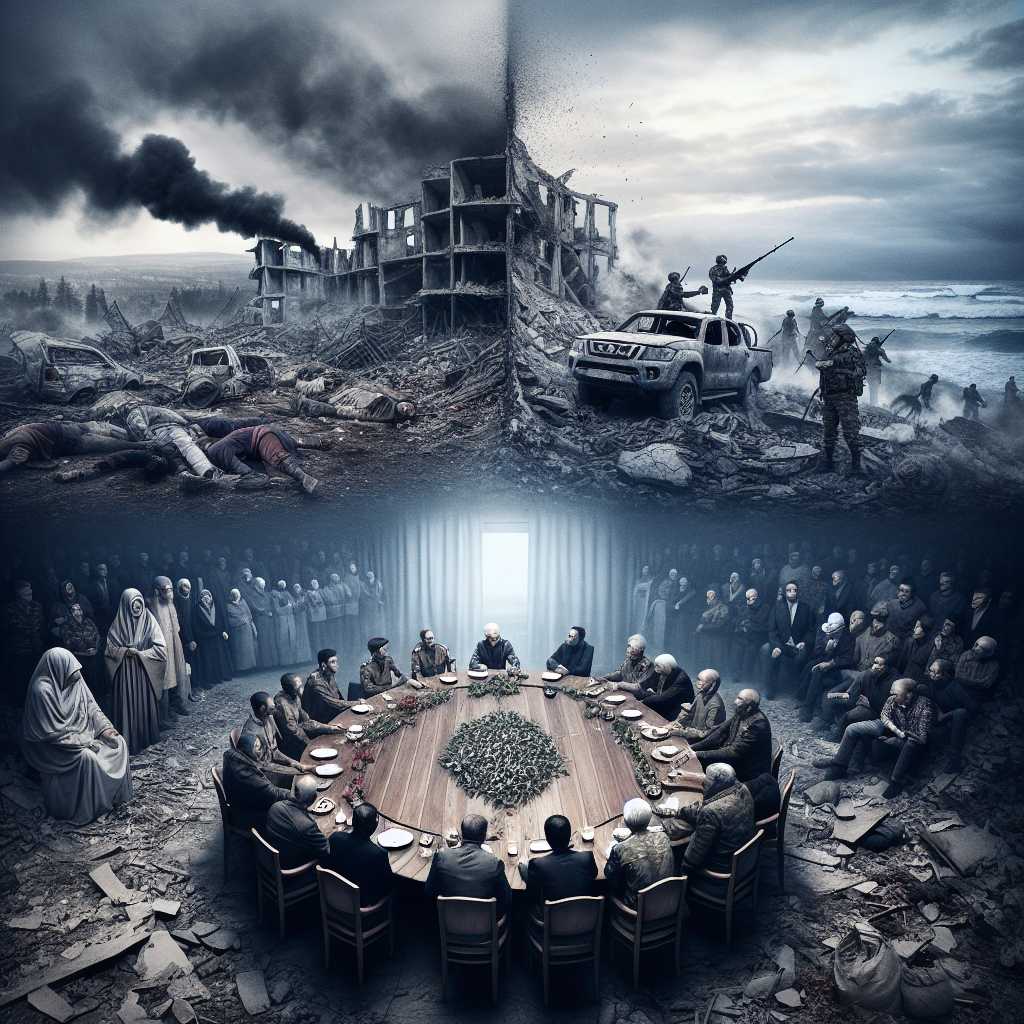The Intricacies and Impact of Civil War: An In-Depth Analysis
Civil wars, often typified by the internal conflict within a sovereign nation, represent profound struggles over identity, governance, and resources. Throughout history, civil wars have had both short-term and far-reaching effects on not only the involved nations but also on regional stability and international dynamics. This article aims to present a comprehensive overview of the origins and consequences of civil wars, looking at historical and contemporary instances.
Defining Civil War
Civil wars are defined by fierce contention within a country’s borders, most commonly involving organized groups that aim to take control of the government or regions, or to change policy or social order. This internal strife differentiates civil war from other forms of organized violent conflicts such as rebellions or insurgencies, although the terms can sometimes overlap.
Causes Behind Civil Wars
Historically, civil wars have sparked due to a multitude of causes. These can range from economic disparities and contests for natural resources to ethnic or religious divisions. Also, the failure of political institutions to represent and manage diverse viewpoints is a key contributor to internal unrest.
Major Historical Civil Wars
Civil wars have played pivotal roles in shaping world governance structures, borders, and historical progressions. One of the most significant examples is the Roman civil war, including Caesar’s crossing of the Rubicon river in 49 BC, which fundamentally altered the trajectory of Roman governance. Another is the English Civil War in the mid-17th century that ultimately led to the trial and execution of Charles I.
Perhaps one of the most studied civil conflicts is the American Civil War (1861–1865), fought between the Northern Union states and Southern Confederate states. Widely credited with reshaping the United States’ legal framework, particularly with respect to slavery and federal authority.
Recent Civil Wars and Global Effect
In more modern times, civil wars have continued to shape world politics. Several African nations have endured prolonged civil conflict connected to colonial legacy issues, tribal disputes, and control over resources. The Syrian Civil War, starting in 2011, provides a distressing example of how long-lasting geopolitical allegiances and sectarian tensions can lead to a devastating humanitarian crisis.
Outcomes and Aftermaths of Civil Wars
The results of a civil war are often transformative. Political revisions such as changes in leadership, constitional reforms or new governance systems may occur in light of these combat scenarios. Economically, civil wars frequently debilitate infrasctructures and lead into cycles of poverty and instability. On a social level, the fabric of communities may be torn apart resulting in refugee crises and long-standing inter-group animosities.
